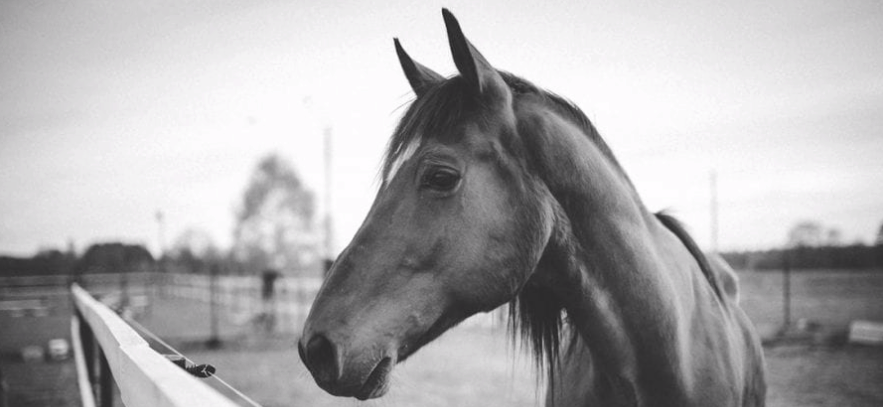British Equine Influenza
Britain is just out of the grip of a very cold winter.
Now it’s in the grip of something just as chilling (well, for the horse racing industry at least), and that is another outbreak of Equine Influenza (EI).
It follows Britain’s most recent recorded case going back to 2003.
This is a serious issue for the racing industry on a global scale, given that many British and Irish horses are seasoned international travellers that venture to all points of the compass.
Last weekend, all racing in the UK was cancelled, while there are reports on the weekend that the virus has spread to the Newmarket stabling facility, where many of England’s top trainers and Group 1 winning horses are based.
Danger
The danger is that the outbreak could spread to Continental Europe if it hasn’t done so already (France, Germany, Italy), which could have a huge impact on their forthcoming Spring and Summer meetings.
British horses could be banned from travelling to Europe, Dubai, North America and even to Japan and Hong Kong in the immediate short term.
If this is not resolved soon, then Racing Australia in conjunction with the Agriculture and Quarantine Dept will need to make a call as to whether any international horses are allowed to travel to Australia later this year, when they typically arrive in September and spend two weeks in local quarantine.
If horses aren’t able to travel down under, then that would be a huge dent in the marketing campaign for Racing Victoria (RV), as many of the top line visitors who have had success here have come from Ireland, England, France and Germany.
It will also impact on any futures betting markets, with European connections now at the mercy of the Australian Quarantine officials.
No doubt soon we’ll have an announcement from them as to what their position is.
Judging from the recent EI outbreak in Hong Kong and the seriousness in which Australia’s Agriculture and Quarantine officials took on that situation, you can expect the same hard nosed approach being taken in this latest British outbreak.
Does this effect Australia?
Australia knows only too well the impact of an EI outbreak, as we saw with the 2007 incident where over 10,000 horses were affected at a cost of $1 billion to the industry.
We do not want a repeat of that again. It’s all about protecting the multi-million dollar racing industry in Australia.
This is what’s at stake, and the industry here has already been burned once before.
Currently there is a six month stand down period for any horse leaving Hong Kong for Australia.
The only racehorse that is impacted at present is the Chris Waller trained miler Comin’ Through.
He travelled to Hong Kong for the December International meeting, but is not returning to Australia immediately, instead he will be racing in Dubai during their March carnival.
I would expect a similar quarantine period if the British situation isn’t resolved.
Can Australian punters truly grasp what it would mean if no European horses were around for the Melbourne Spring Carnival?
Local owners and trainers might laugh it off as a good thing, saying it will give their horses a chance of entering and winning some of the big races on offer without any of the big guns from Europe turning up.
What about the breeding industry? There must be some stud operations like Coolmore that has shuttle stallions that move between Northern and Southern Hemisphere timezones. This business could also be in jeopardy as well.
These outbreaks take a long time to control, even longer to isolate, quarantine, remedy and test. Knowing how previous outbreaks have fared, don’t expect a short term fix anytime soon.
The fallout is still occurring in Hong Kong/Chonghua, and as mentioned, Australia has vested interests in protecting its patch, which could mean a long drawn out process.
There are lots of barriers and obstacles to negotiate before the course can be judged to be clear.
Scary times ahead for the global racing industry. Watch this space.





